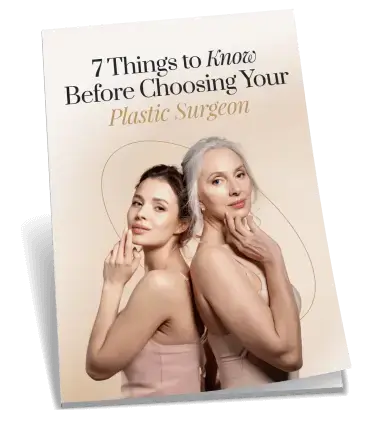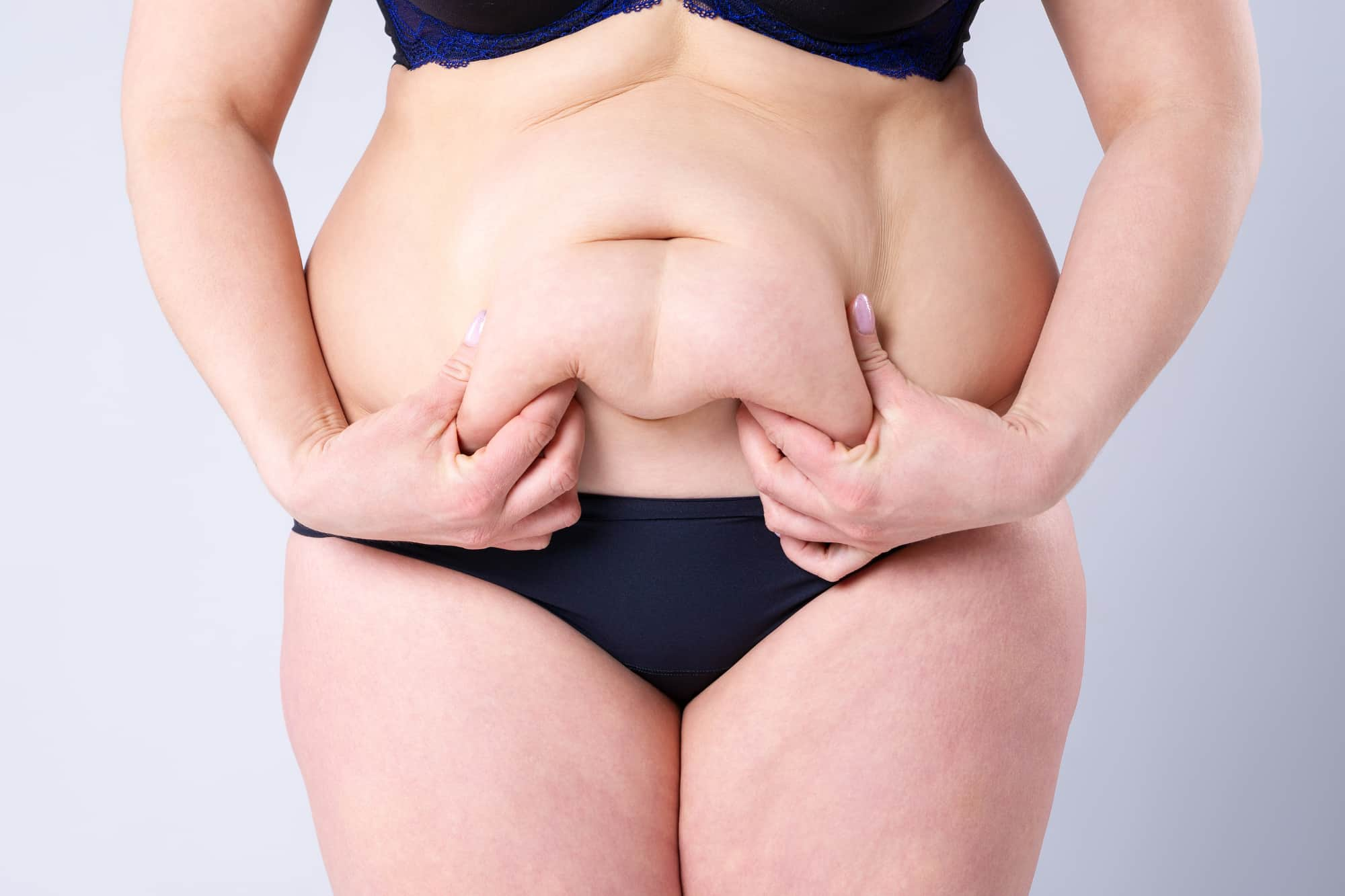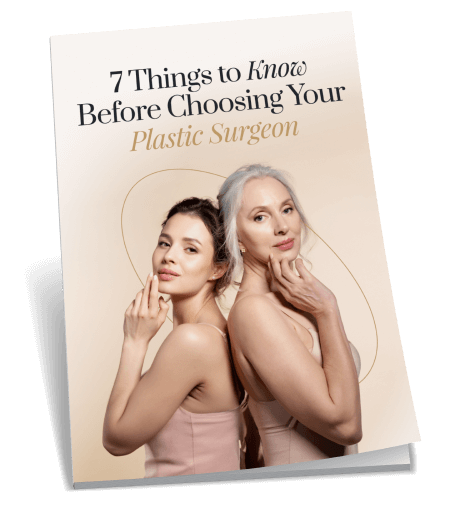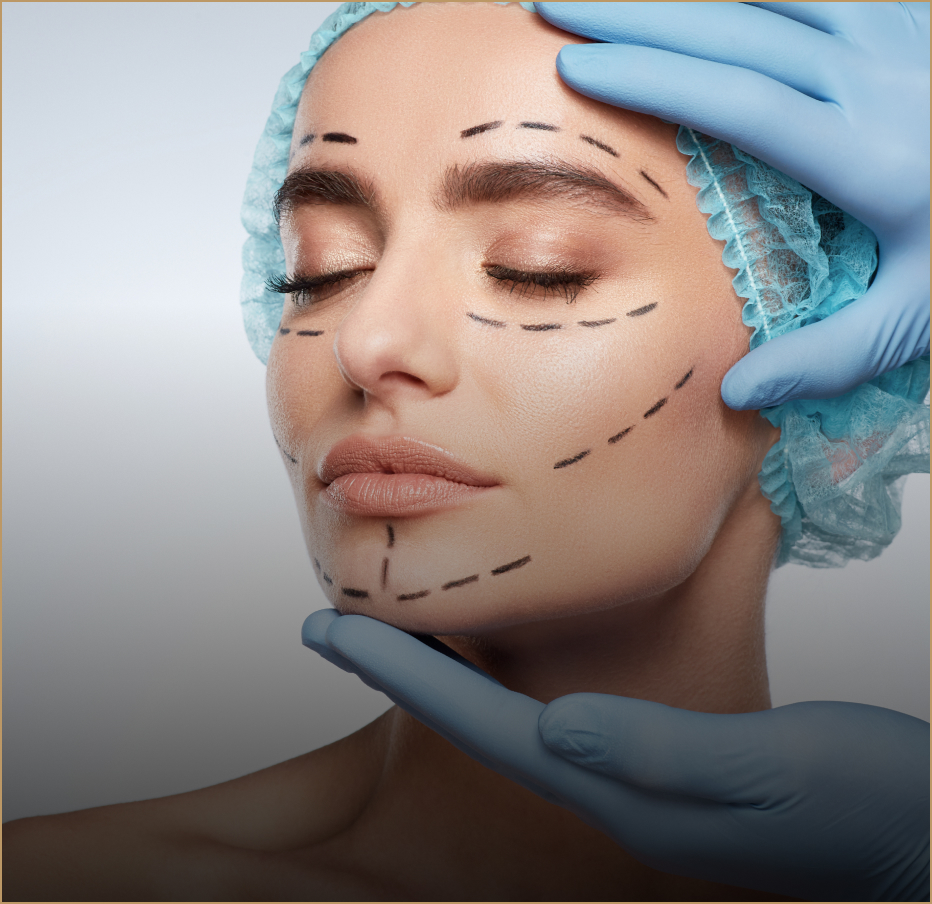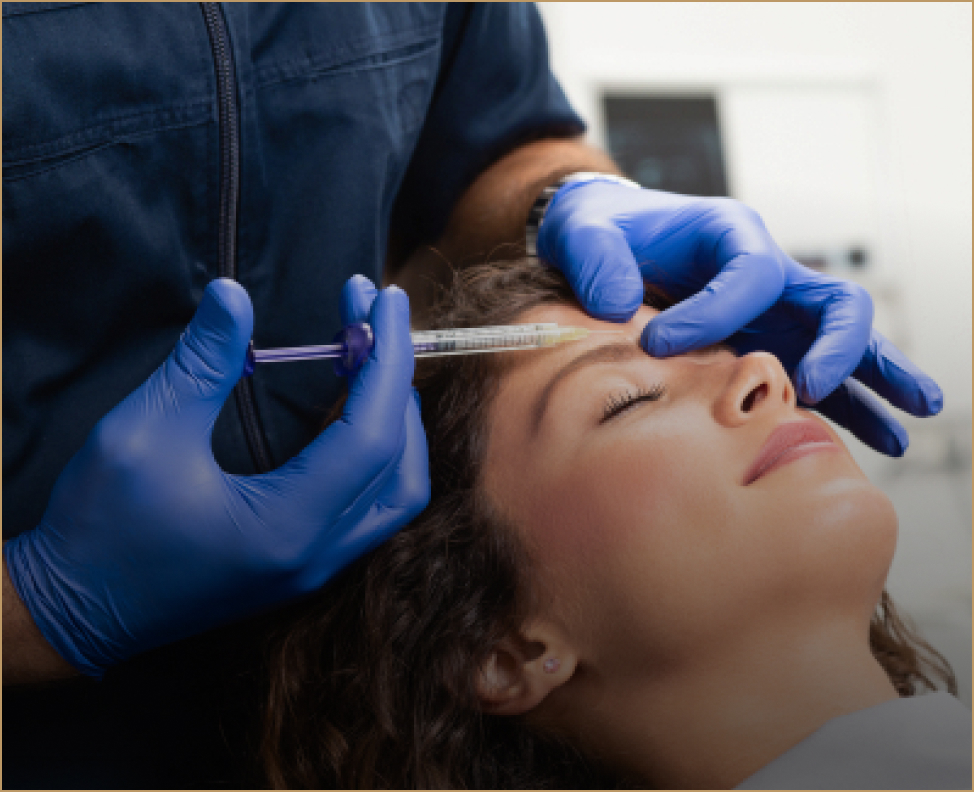If you suffer from rosacea, a skin condition that is characterized by three common symptoms: blood vessels near the surface of the skin, pimples, and red skin, you may be constantly on the lookout for a way to keep the condition from flaring up. When it comes to coping with rosacea, treatment is a mix of avoiding the things that trigger the flare-ups, working with a provider, and finding ways to care for your skin.
Rosacea isn’t a condition you can ignore. Left alone, it does become progressively worse over time. If you haven’t yet, book an appointment with a skincare professional to find out more about what you can do to keep your rosacea under control.
What’s Your Trigger?
Many people with rosacea find that the condition flares up or is triggered by an external factor. The trigger can be different for different people and there might be more than one factor that will set off a flare-up. Common triggers include extreme weather conditions, such as freezing cold, windy weather or blazingly hot and humid weather. Factors in your personal life can also act as a trigger, such as if work has you stressed or if you’re feeling anxious about a personal matter.
What goes into your body or on to your skin can also trigger the condition. Irritating foods include cheese, chocolate and foods high in glutamates, such as soy sauce and tomatoes. Alcohol can also be a trigger in drinkable forms, such as wine and vodka, or in the form of a topical skin product, such as a cleanser or astringent. Other harsh ingredients like witch hazel or fragrances can also set off rosacea.
Keep Things Simple
If you think the products you’re using to wash and moisturize your skin are making your rosacea worse, the best thing you can do is re-evaluate your skincare routine. When it doubt, it’s better to use fewer products, with fewer ingredients, than to try every product under the sun. Choose products that only contain mild ingredients or that don’t have harsh chemicals or ingredients in them.
If you do want to try a new product, use a small amount on a tiny area of skin first, to gauge how your skin responds. If your skin’s reaction is to turn red or sting, it’s probably best not to use that product. You can also ask your aesthetician if you are interested in a new product, to see if he thinks it would be fine for you to use. Some skincare products, such as iS Clinical, are specifically designed to help with specific problems, including rosacea.
Use Sunscreen
Once you’ve figured out how to cleanse and moisturize your skin, the next step is to protect it from one of the more common rosacea triggers: sunlight. Wearing sunscreen is a must, even if you have mild rosacea, as exposure to sunlight also ages your skin and increases your risk for skin cancer.
You may have to be careful when picking out your sunscreen. Chemical-based sunscreens may irritate your skin or make the condition worse. Usually, products with titanium dioxide or zinc oxide are as effective at blocking out the sun’s rays while not irritating your skin so much.
Cover Up, If Needed
Makeup can help you conceal any redness left over as a flare-up clears. Just as you want to be careful about which skincare products you use, you want to choose your cosmetics with care. In many cases, people with rosacea tolerate mineral-based makeup products, such as Colorescience, best. Mineral makeup tends to be less irritating while doing a very good job of covering up any blemishes or redness.
When you have rosacea, choosing the best skincare and cosmetics for your skin can be tricky. The staff at Quintessa Medical Spa can create a personalized product and treatment plan to help address your concerns and provide you with the results you desire.

